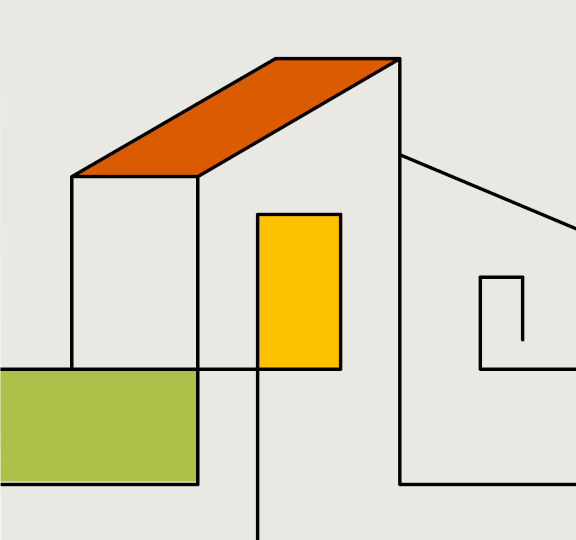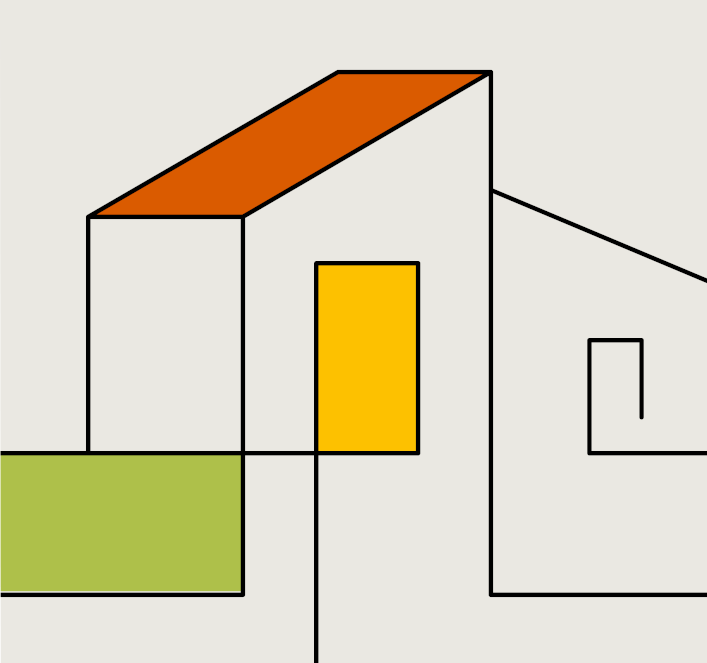Introduction
Regional Cluster Name: Barcelona, Spain

The Spanish demo, located at Barcelona province, is a social multifamily residential block. The demo has some constructive pathologies and has high replication potential in the Spanish housing stock.
The choice of this demonstrative building is intended not only to meet the indicators proposed in the project, but also to demonstrate to the occupants systems that can improve their quality of life, that generate energy and economic savings, while having a positive impact on the environment.

Expected outcomes
At the Spanish demo site will be installed a low-carbon precast insulated façade-renovation concrete panel, it will be made of recycled and bio-based materials that fits the requirements of carbon neutrality, recyclability and reusability while keeping the performance of current commercial solutions.
So, the results expected will be:
Successful creation and testing of a new renovation solution that demonstrates reduced energy consumption, improved insulation efficient resource utilisation and decarbonisation in a real-world social housing context.
- Embodied Energy reduced by 20% (from 4000MJ/m3 to 3200MJ/m3).
- Embodied Carbon reduced by 20% (from 910 kg CO2eq/tone to 710-730 kg CO2eq/tone).
- Insulating material with thermal conductivity of 0.028 W/m2K introduced.
- 45% of concrete composition from recycled sources (by weight).
Encourage the reuse of deconstruction materials in the demonstration environment by fostering collaboration among public agencies, demolition firms, architects, individuals, manufacturers, trash managers, builders, real estate companies, designers, and artists.
- 60% of coarse aggregates replaced by recycled aggregates.
- 4 60% recycled cardboard fiber in insulating material.
- o 30% of cement replaced by industrial by-products.
High levels of community engagement, positive feedback from residents, and a strong sense of ownership among the community members regarding the renovation process, leading to increased overall satisfaction and acceptance.
Comprehensive policy recommendations that address regulatory challenges, financial incentives, and legislative adjustments needed to encourage the broader implementation of the renovation technology in not only social housing projects but all the residential housing sector.
Demonstrated significant reduction in carbon emissions, validated energy savings, and improved sustainable performance metrics, showcasing the potential of the technology to contribute to broader decarbonisation and sustainability goals.
- Carbon footprint reduced by 70% through carbonation and CO2 curing.
- Energy efficiency demonstrated through 30% reduction in thermal transmittance.
- Embodied energy efficiency achieved at 2%.

Value chain approach
DESIGN: The different partners involved in the Spanish cluster will work together to foster collaboration between experts of all teams (mainly HORMIPRESA, UPC, but also ITeC and AHC), that work as well as suppliers of the SIRCULAR solution for the Spanish demo.
BUDGETING: the Spanish cluster will work to have a feasible solution, cost-efficient and that meets the set KPIs requirements. Together with GNE potential partnerships or financial initiatives will be sought to make the SIRCULAR solution replicable and scalable to the market.
PROCUREMENT: Collaborative efforts with AHC will lead to the integration of SIRCULAR elements into their procurement processes, promoting greener renovation practices that consider life cycle impacts and circularity principles.
CONSTRUCTION/RENOVATION: Foster collaboration between contractors, subcontractors, and tradespeople to ensure the successful implementation; Implement quality control; Conduct regular site inspections. Engage tenants in the process, explaining the benefits and involving them with circular processes that will kick-off thanks to SIRCULAR.
ADMINISTRATIVE: All the Spanish cluster partners will collaborate with their internal teams to integrate the SIRCULAR tool on their day-to-day; Establish communication channels to facilitate knowledge sharing; Monitor and evaluate the performance of integrated innovations.
Partners
Contact information
N/A
